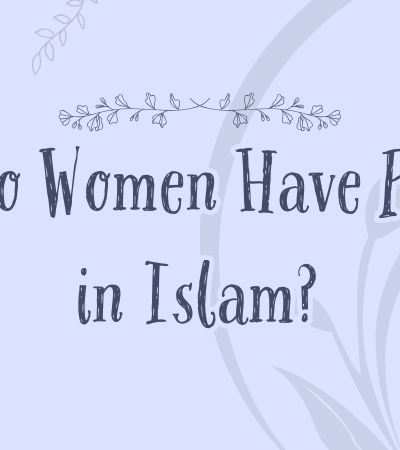
Menstruation is a natural Islamic state that creates temporary ritual impurity (not moral fault), restricting specific formal worship.
Continue Reading
The text will clarify the context of the hadith about women and Hell, asserting its guidance improves a Muslim woman’s life and faith.
Continue Reading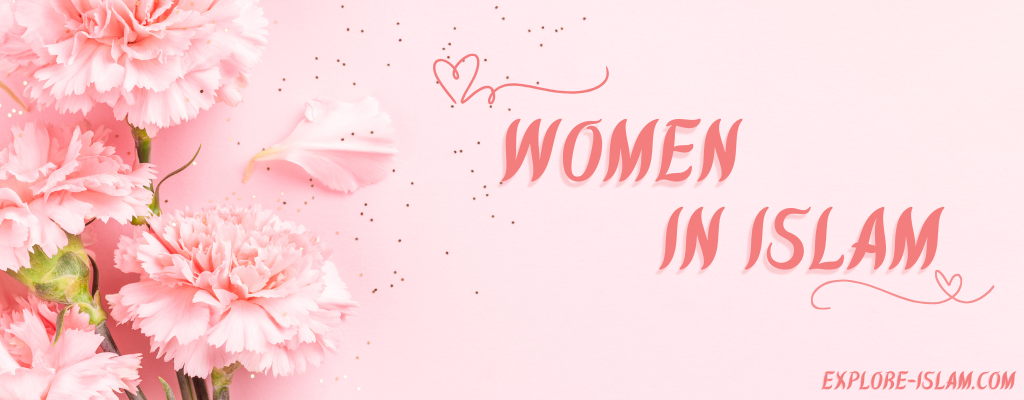
Islam grants women equal status and full rights, countering the myth of oppression and explaining its appeal to female converts.
Continue Reading
Text offers a collection of inspiring quotes from the Quran and Sunnah to illustrate how Islam honors the status of women in all their roles.
Continue Reading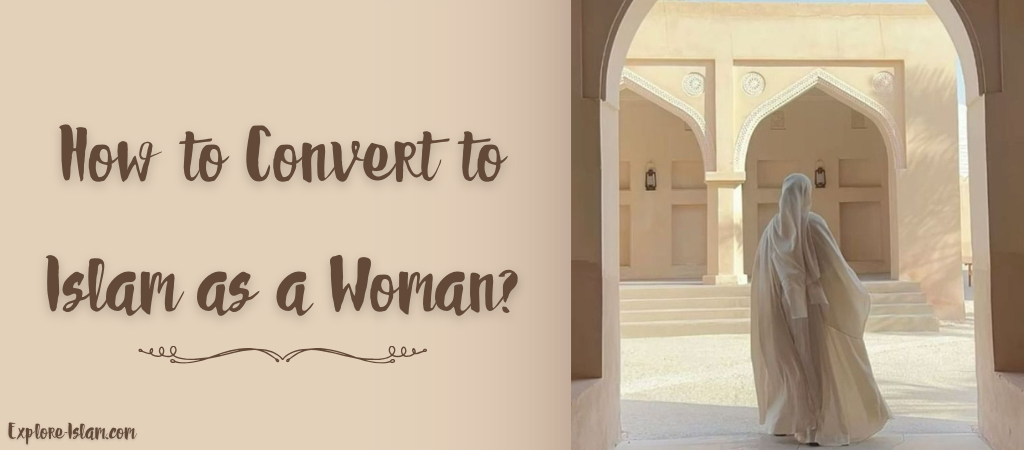
This is a conversion guide for women that validates their journey’s initial feelings and promises great divine reward for seeking Allah.
Continue Reading
Islamic law emphasizes chastity and fulfilling desire only within marriage, which frames the issue of masturbation for both genders.
Continue Reading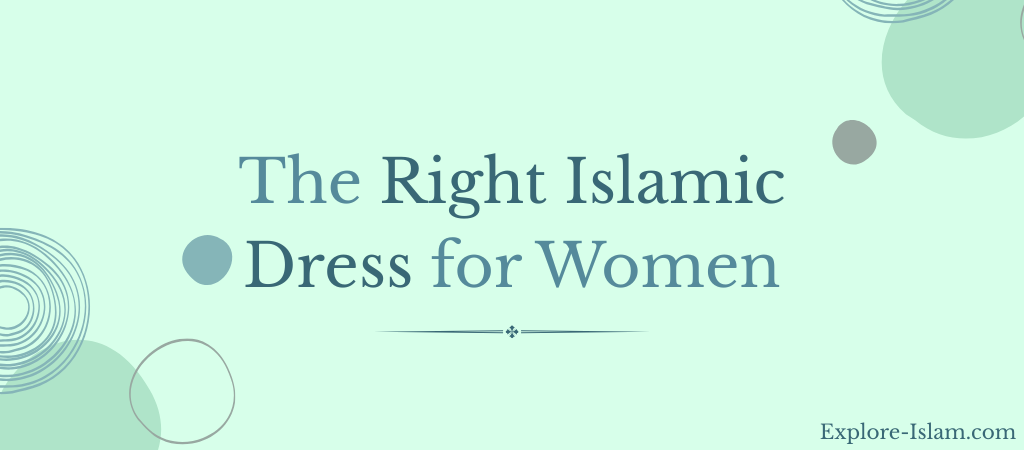
Islamic dress promotes modesty and protection for women, ensuring they are respected for their faith and not objectified.
Continue Reading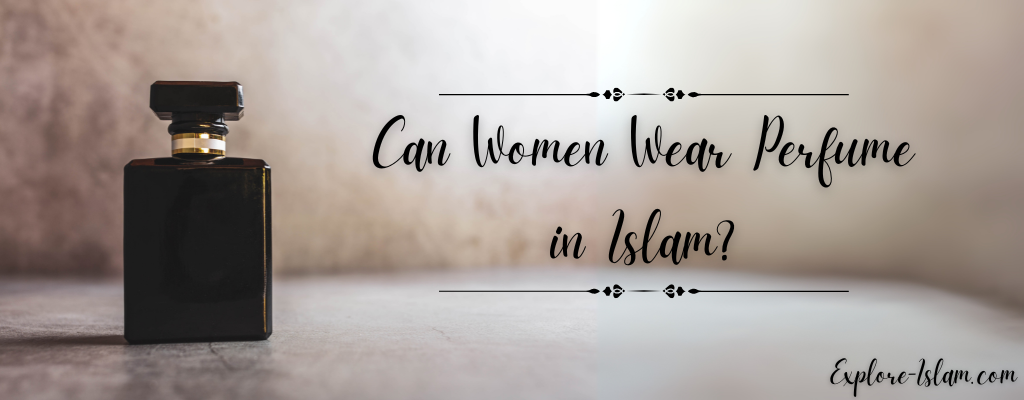
Islam allows women to wear perfume at home, especially for their husbands. However, wearing perfume in public it is prohibited .
Continue Reading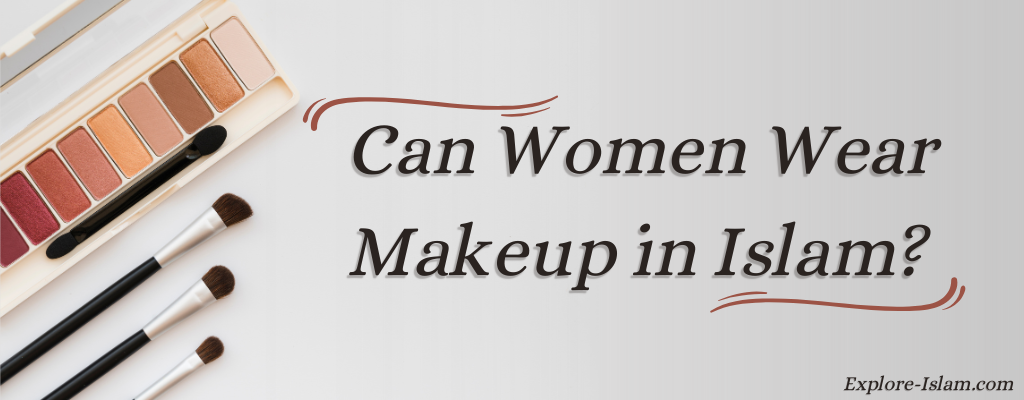
Islam sees beauty as a divine blessing, promoting a balanced approach to self-care and adornment that upholds modesty and dignity.
Continue Reading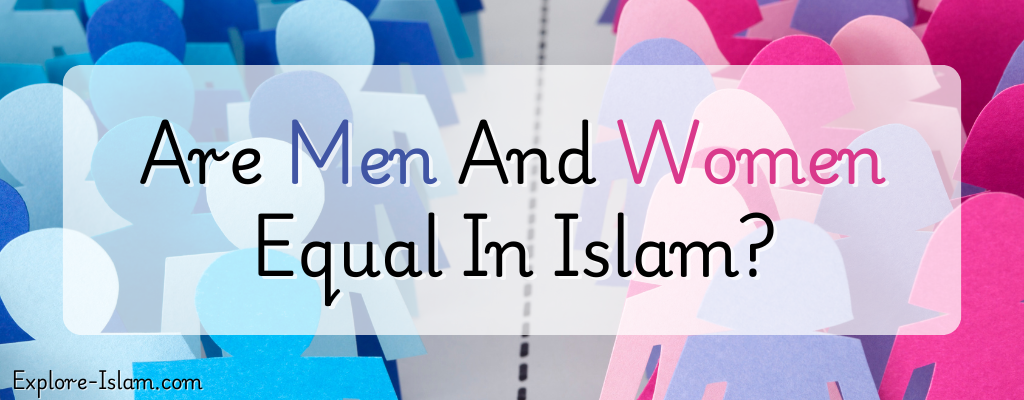
Islam emphasizes fairness and complementary roles between men and women, rather than absolute equality or sameness.
Continue Reading
Women are converting to Islam at a notable rate in the West, outnumbering male converts, especially in the US and UK.
Continue Reading
Islam values education equally for men and women, debunking the misconception that it opposes women’s education.
Continue Reading